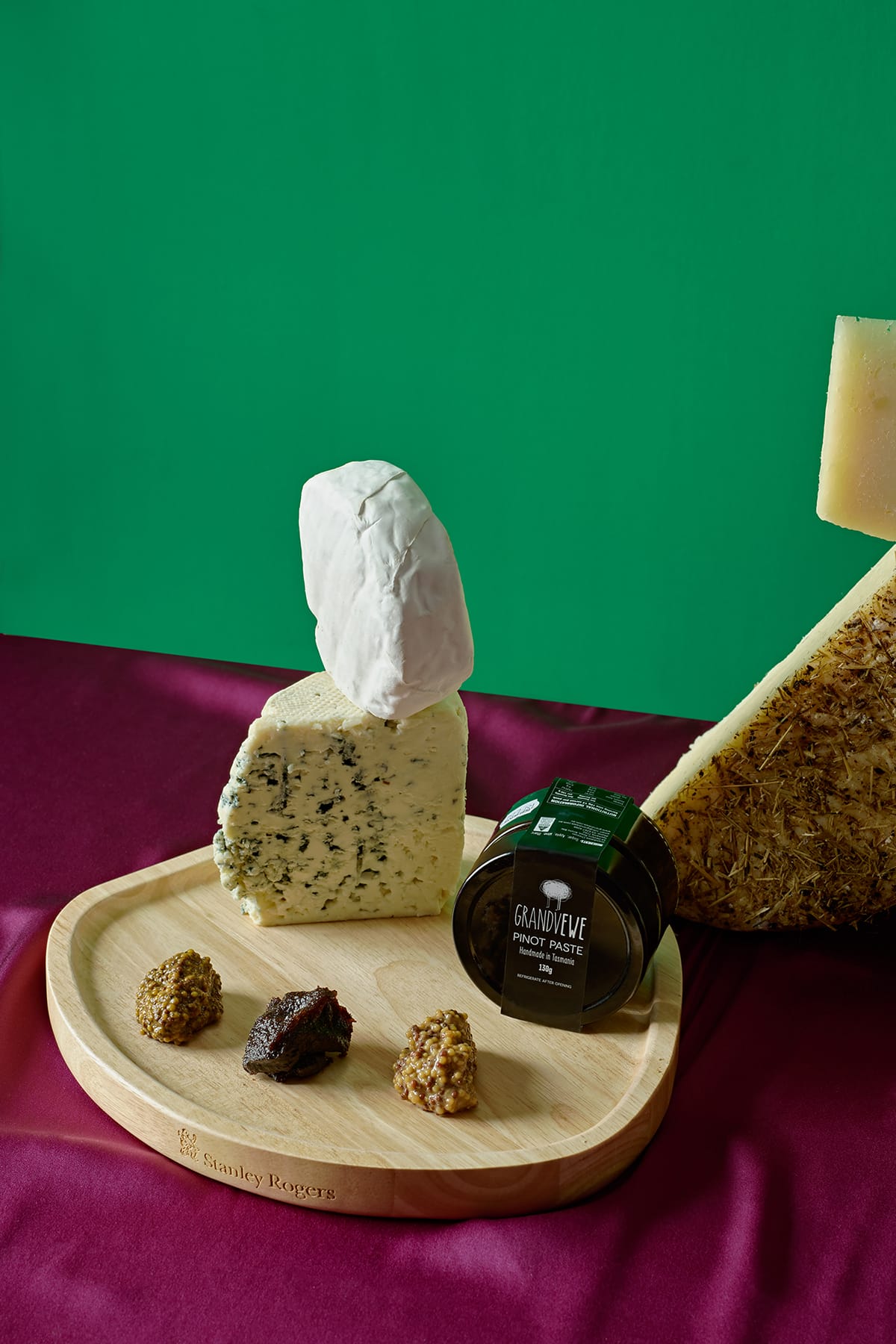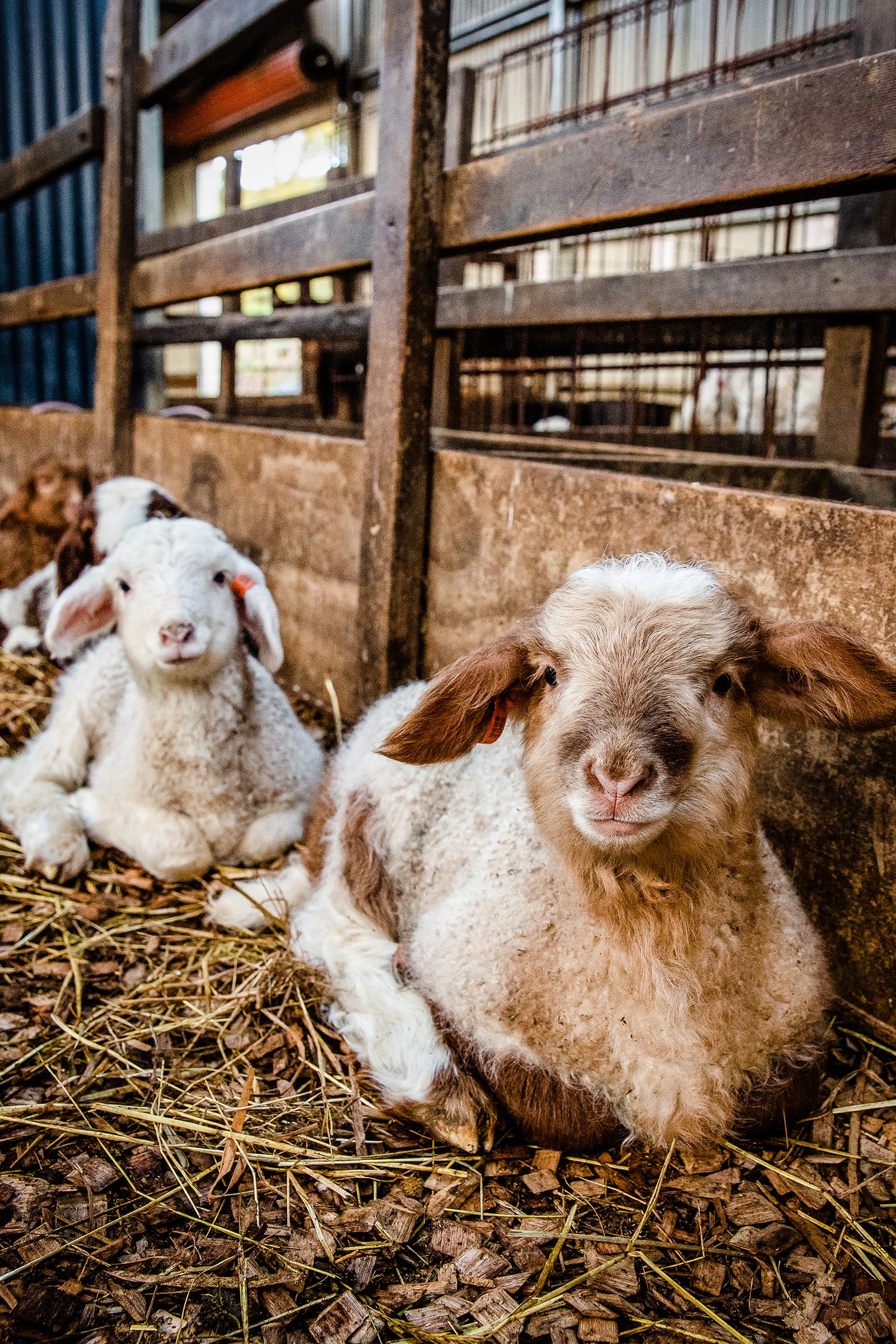


The climate we experience is usually cool, dry and not at all typically suited to dairy. We have little to no top soil and what we do have is heavy with compacted clay, highly infertile and doesn’t hold moisture well. Even if it did, most of our rain hits in the cooler months, which isn’t great for growing grass. Basically, we’d be bonkers to try to farm cows on this land, but it’s a perfect fit for dairy sheep.
Wait… you can milk a sheep?!
Don’t worry, we get asked this question every day. Not only can you milk a sheep, but the milk is also incredibly good for you. It’s a complete protein, full of amino acids and cholesterol-lowering mono-unsaturated fats, and also the only milk that contains Vitamin C. Take that, OJ. Its high solids content makes it ideal for sheep cheese and a whole heap of other dairy products like yoghurt and ice cream, as well as a range of soaps and skincare products. So cheese from sheep – absolutely!

… but can you milk any kind of sheep?
There are many sheep on our wide, brown continent but milking tasty sheep or woolly sheep will only send you broke. In 2006 we got our hands on a mob of abandoned pure Awassi ewes and the milky baas have been on us since. There are two strains of Awassi – a meat strain and a milk strain — and we have both on the farm. They haven’t been engineered to suit modern farming, so they’ve got a desert hardiness about them, like a flock of stumpy camels — the perfect animal for our environment and key to everything we do here.
We don’t mess with nature at Grandvewe. Our ewes naturally lactate between October and March and they’re milked once a day during that time. The rest of the year, they live an idyllic, leisurely life in the country — grazing 40 acres of organically-farmed pasture with their tails intact.

What about when they’re babies and old ladies?
Like we said, we like to let nature do its thing. We’re not commodity farmers and we care for our sheep, so we practice shared farming. Our lambs are left for their mums to raise naturally and we’re the lucky recipients of the extra milk she makes until her wee ones are weaned. This makes for happier and healthier little lambs and ewes who could probably use a large gin and a quiet lie-down away from the kids. When our girls get too old to produce milk, they live out the rest of their peaceful lives in our ewe retirement village.